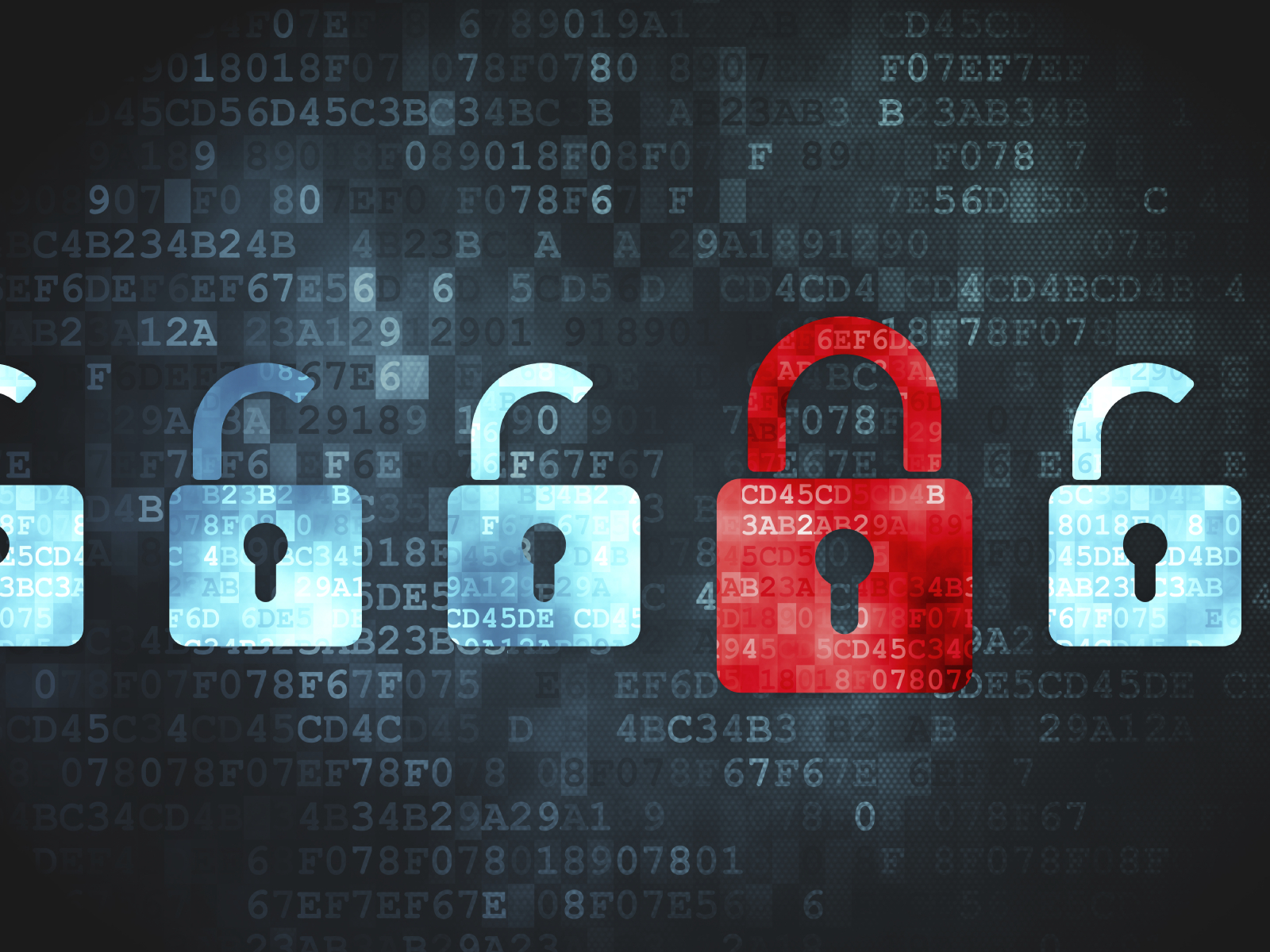
Encryption is a way of making data private by converting or scrambling the information into code to prevent unauthorised access. With this in mind, should be encrypt everything we possibly can?
End-to-end encryption is used in messaging apps like WhatsApp and Facebook Messenger, meaning only you and the person you are communicating with can read what has been sent, which prevents third-party access to the messages.
This makes the information secure as there is no way to ‘unscramble’ the data being communicated or stored. This means companies that use end-to-end encryption cannot hand over customers’ texts to the authorities, as there is no way to access the data.
We ask Mark James, ESET IT Security Specialist, with all this data being encrypted and protected, is it possible to encrypt the whole web?
“It’s a nice thought, encrypting the whole of the internet would be a great way to ensure routes for exchanging information from one party to another would be secure.
“In theory it would enable private communication of all personal data, and give you a much better opportunity to validate the recipient or sender but it’s not something that easy to achieve.
“With so many parts operated, owned and channelled through so many gateways it’s a job that’s seems highly unrealistic to achieve.
“All too often encryption is seen as the weapon of choice for terrorists and bad guys, and it’s something we need to curb, monitor and adapt to make life harder for them.
“However, whatever we do they will find a way to abuse or manipulate it for their needs.
“Encryption is so much more than just a process to send hidden or private messages, it’s used in so much of what we do, it’s used to validate your identity or ensure data is sent to the right or intended person/s.
“Getting it right is not easy. No one wants to be ‘the company’ stopping law enforcement from doing their job but effective encryption is finite, it’s like selling a master key for all front door locks “in case” you lose yours.
“Sadly someone somewhere will get access when they should not, we either do or don’t there can be no backdoor.”
Do you think encryption is needed? Let us know on Twitter @ESETUK.
Join the ESET UK LinkedIn Group and stay up to date with the blog. If you are interested in seeing where ESET has been featured in the news then check out our ‘In the news’ section.